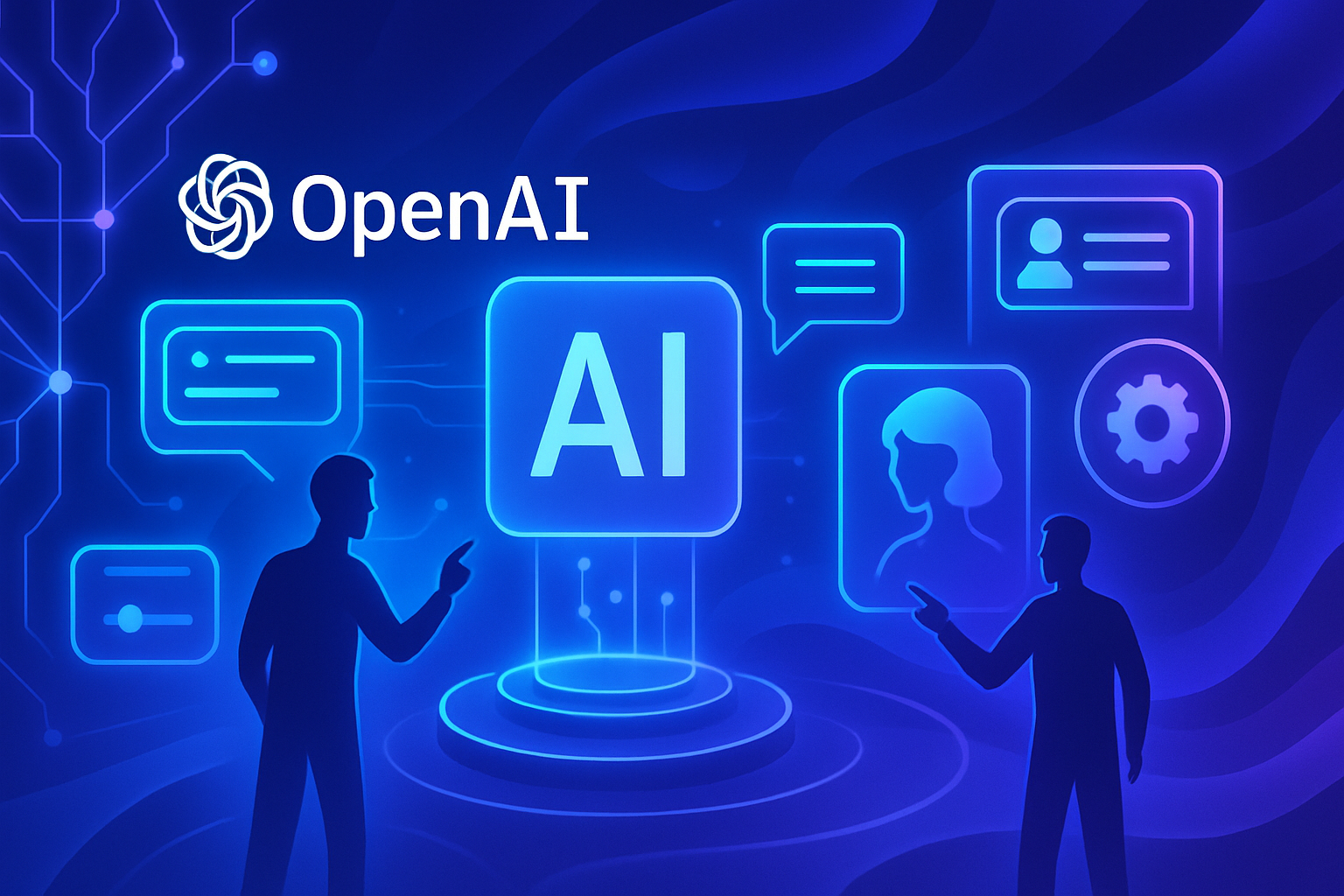The performance of intelligent agents relies on their ability to interact effectively with their environment. A well-organized API infrastructure is essential to ensure this fluidity of action. Companies must understand that it is not only the AI models that determine the success of agent-based AI projects, but indeed the architecture of the APIs that support them. A robust API environment allows agents to reason and act relevantly. The challenges of integration often go beyond simple technical considerations, becoming strategic issues for operational efficiency.
Agent-based AI systems fundamentally depend on a strong API infrastructure. Intelligent agents act as decision-making entities capable of navigating the real world, but they can only do so through well-designed and reliable application programming interfaces (APIs). A disorganized API environment not only leads to potential failures but also disrupts the user experience.
How AI Agents Work
The design of agent-based AI systems relies on their ability to interact with business systems through APIs. These interactions include reading information, triggering actions, and chaining steps to achieve complex objectives. For example, an agent could be tasked with finding a slot for a meeting, scheduling it, and then informing team members.
Critical Interactions of Agents
Every relevant use case within a professional environment requires dynamic interactions, such as:
- Checking the status of customer orders.
- Updating data or sending emails.
- Executing complex financial transactions.
Bottlenecks Related to the Environment
The effective implementation of intelligent agents often presents medical challenges when they interact in a real-world environment. Several companies report degraded performance of their agents after deployment. Issues often arise not from the agent, but from the surrounding API system.
Needs of AI Agents
To function effectively, intelligent agents require APIs that offer:
- Easy discovery of possible actions.
- Coherent schemas for recognizing patterns.
- Defined preconditions and postconditions.
- Clear error messages for effective failure management.
- Secure yet flexible authentication.
API Governance as a Strategic Capability
API management stands out as a prerequisite for ensuring the autonomy of agent-based systems. A company that masters API governance will generally have tools that enable effective traffic management, such as gateways and service meshes.
The establishment of versioning policies also prevents integration breakages with each update. Throttling mechanisms ensure that agents do not flood information systems, thus preserving their smooth and coherent operation.
The Risks of a Disorderly API Infrastructure
AI agents face colossal challenges when the effectiveness of the API ecosystem is compromised. They may not adequately respond to unexpected errors, such as a status code 403. The interpretation of ambiguous information yields unpredictable results, leading to a chain of errors that are difficult to rectify.
If the API system does not provide reliable support, the responsibility for failures cannot be placed on the AI. The real issue lies in the system’s inability to support decision-making processes.
The Impact on Agent Autonomy
The success of intelligent agents largely depends on the robustness of the APIs. Companies need to rethink their vision of APIs, viewed not merely as simple integration points, but as fundamental tools through which agents perceive and act. Recent examples show that the ability to have a suitable infrastructure is a central challenge in today’s technological landscape.
Initiatives such as the taxation of AI and cryptocurrencies illustrate the importance of well-established API governance in funding new solutions. At the same time, advancements in Google’s AI in cybersecurity also demonstrate how well-managed systems optimize critical performance.
Frequently Asked Questions
Why are APIs essential for the operation of intelligent agents?
APIs are indispensable as they enable intelligent agents to interact with different systems and retrieve necessary information to make informed decisions.
What are the consequences of inadequate API management on AI agents’ performance?
Inadequate API management can lead to unpredictable agent failures, silent errors, and an inability to access critical resources, thus harming operational efficiency.
How can I ensure that my APIs are ready for agent-based AI?
To ensure your APIs are ready for agent-based AI, you need to make sure they are well documented, robust, consistent, and have secure yet flexible authentication mechanisms.
What types of APIs do intelligent agents most commonly use?
Intelligent agents primarily use APIs to read data from business systems, trigger actions, and chain complex processes to achieve specific goals.
How can APIs help in error management in intelligent agent systems?
Well-designed APIs include clear error messages and status codes that help agents manage failures, allowing for appropriate responses to encountered problems.
What is the importance of API documentation for intelligent agents?
API documentation is crucial as it facilitates the discovery of possible actions and enables intelligent agents to understand how to interact with systems effectively.
How does API governance contribute to the effectiveness of intelligent agents?
Good API governance ensures that all interfaces are structured, stable, and reliable, thereby increasing agents’ ability to operate in sensitive environments.
What mechanisms should be in place to prevent saturation of systems by agents?
Implementing throttling policies is essential to control the volume of requests sent by agents to prevent the saturation of backend systems.
How is the autonomy of intelligent agents related to the quality of the APIs?
The autonomy of intelligent agents depends on the quality of the APIs, as these provide them with the necessary tools to interact with their environment and accomplish tasks without human intervention.






